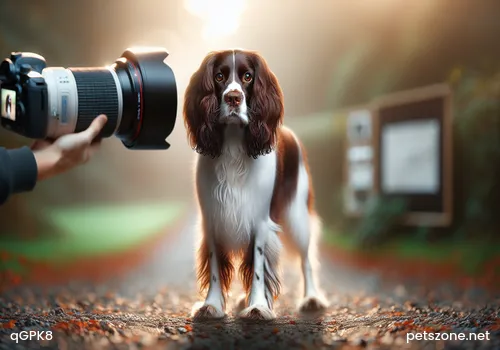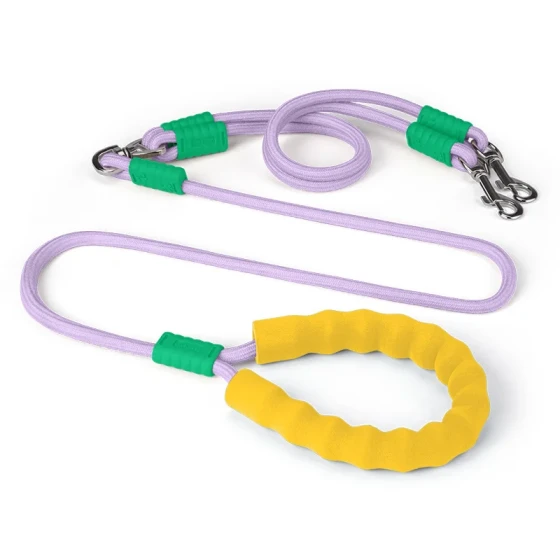Key Points to Prevent Dogs from Getting Lost

Injecting a chip into your dog facilitates retrieval
Although we repeatedly emphasize that it is best to put a leash on your dog when taking it outside, some owners think their dogs are well-behaved or obedient enough, or consider the "freedom" of the dog, and always neglect this matter. Even though some dogs receive good training, we cannot guarantee 100% that unexpected situations will not occur, causing the dog to be frightened and run away. If such a situation actually happens, regret will come too late.
What Are the Causes of Dogs Getting Lost
1. Frightened and Running Away: This is a common situation. Sudden firecracker sounds or excessively noisy car horns are causes that make dogs frightened and run away. This is an instinctive escape response. Even if training has been done to prepare for such situations, if the event happens too suddenly, the dog will still be scared.
2. Excessive Curiosity: Dogs are often full of curiosity about new things. Some dogs without leash restraint act like untethered horses; no matter how loudly you call them, they won’t come back. Moreover, dogs are interested in quickly moving objects. If suddenly a small animal runs by, the dog might rush towards it quickly. If the small animal belongs to someone else, a dispute is inevitable if the dog hurts it. Even if the small animal has no owner, we won’t know where the dog might have chased it. Finding the dog then may take a lot of effort.
3. Owner’s Negligence: When taking the dog out, owners might meet acquaintances on the road and engage in conversation. During this time, the owner’s attention is often relaxed and not fully on the dog. Even if the dog is leashed, the owner’s grip might be loose. If the dog sees something interesting at that moment, it is quite easy for it to break free.
4. Lured by Food: Dogs love food, which is unquestionable. Some malicious people exploit this and lure dogs away. Once the dog is separated from the owner, these people use food to entice the dog to a place where no one can see. What they will do next to the dog is unimaginable.

Consistently perform recall training
How to Avoid Dogs Getting Lost
1. Try to walk your dog on familiar routes
When taking your dog out, especially at night, it is best to walk your dog in familiar places. That way, even if it gets lost, the dog may be able to find its way back.
2. Frequently practice recall training
Be sure to thoroughly teach your dog the habit of immediately running back when hearing the owner call its name. This training has a very good effect on preventing dogs from getting lost.

Perform food refusal training
3. Inject chips or ensure dog tags are worn properly
A dog with an injected chip is like having a registered identity. Just by scanning the chip at relevant places, its information can be clearly displayed (assuming a kind person finds the dog). Moreover, many custom dog tags are now available on the market. They can be engraved with the dog’s name, owner’s name, and contact information. So even if the dog gets lost, others can find you through the contact info on the tag.
4. Perform food refusal training
This training is also very helpful in preventing dogs from getting lost. In daily life, dogs should be trained to refuse food from strangers. Some passersby may mean well but the food they offer can be harmful to the dog’s health. Some owners find it hard to refuse, so if the dog can refuse by itself, it reduces awkwardness in these situations.

-560x560.webp)

-560x560.webp)

